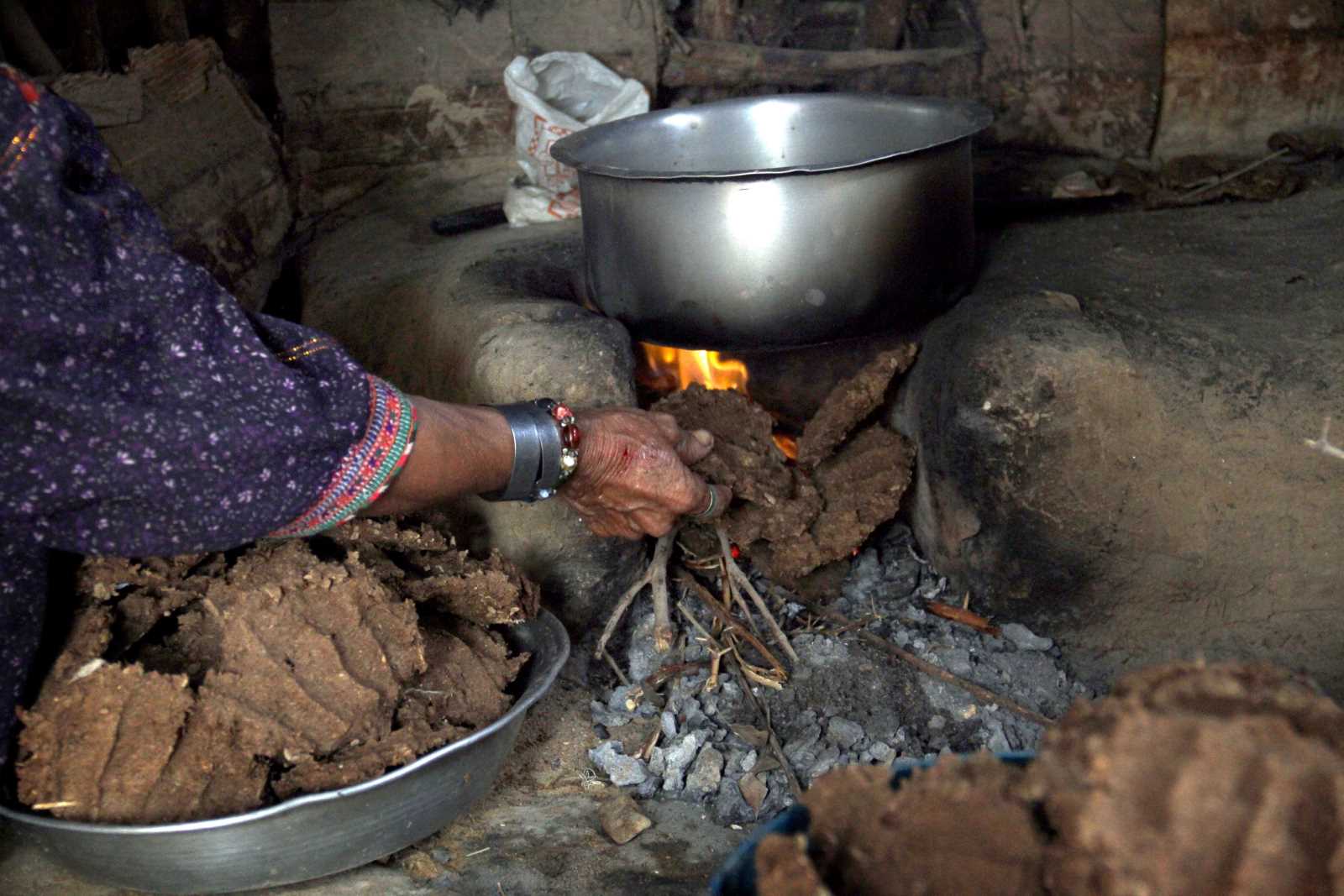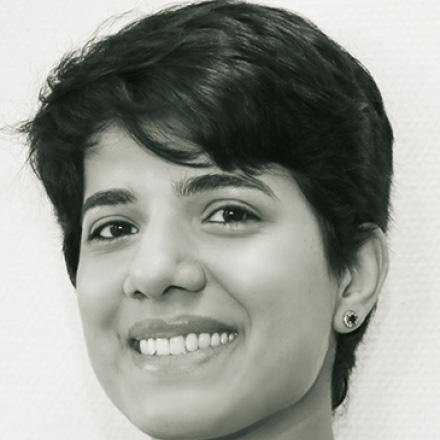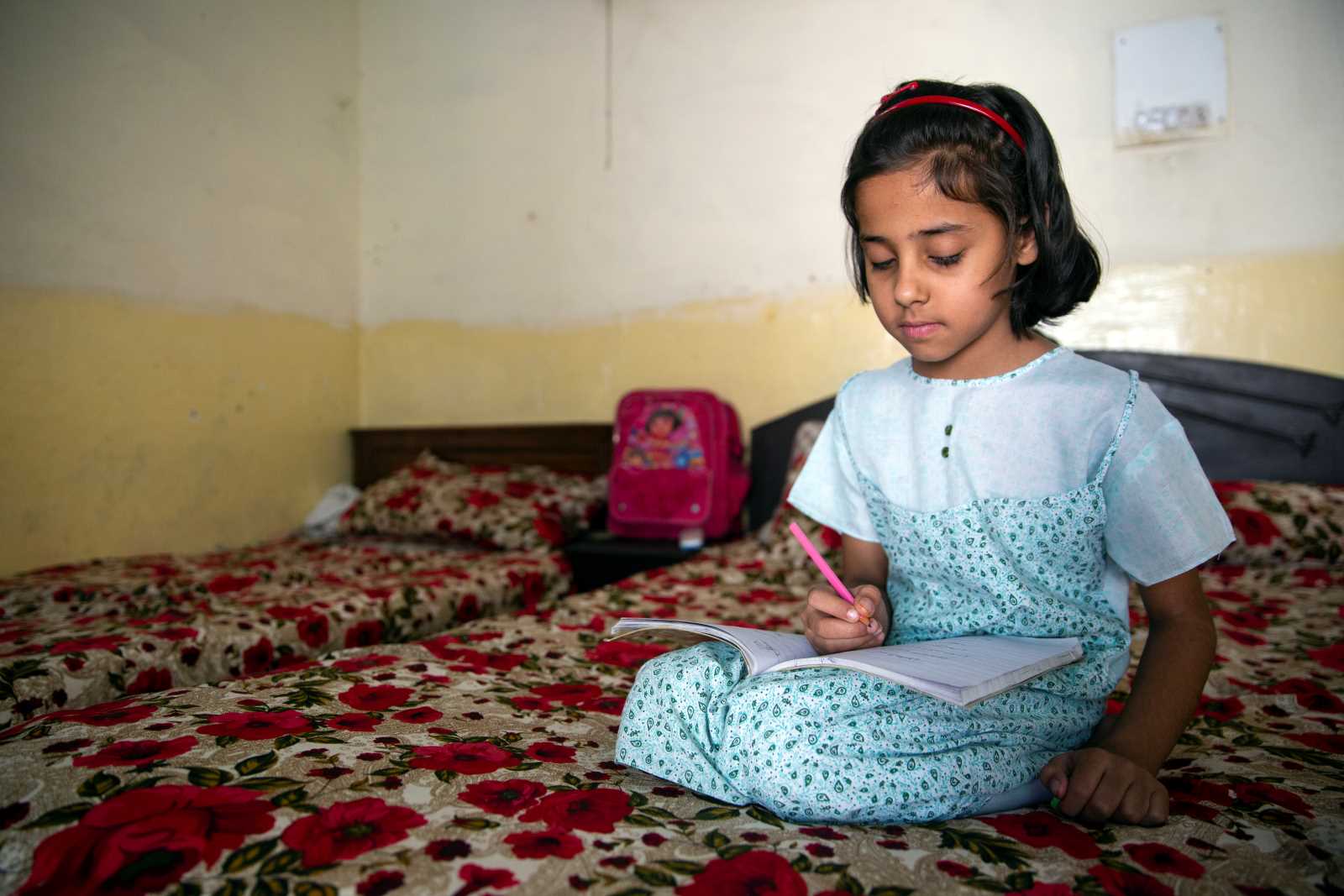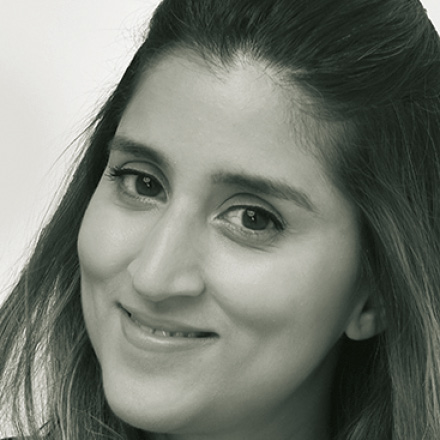Children’s rights
Involving local partners in education
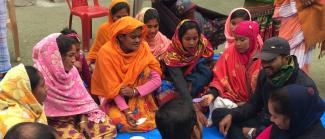
On the one hand, EnRiCh directly supports local civil-society organisations. For example, it helps them during the process of building their organisations. It also supports their cooperation with local authorities. On the other hand, the initiative networks various stakeholders, including parents, committees at the village level, local administrative bodies, school administrations and children’s clubs. In order to make villages more child-friendly, EnRiCh relies on campaigns, workshops and specially appointed child-rights promoters at the community level. A network for child rights throughout all of Assam has started to grow.
Whereas Indian children typically grow up in hierarchical, authoritarian conditions, EnRiCh gives them space to express themselves and realise their potential. They meet weekly in specially formed “Rhino Clubs”. The clubs are named after the one-horned rhino, which is the state animal of Assam. Kids learn together, play sports, engage in creative activities and make use of libraries. They experience a sense of community and make contacts in the village and its surroundings. They also get information on children’s rights, health, the environment and nutrition. They are actually important multipliers in regard to how to behave in the pandemic. For this kind of work, EnRiCh provides a variety of materials in local languages – including handbooks, comics, posters or scripts for staging dramas.
As the second wave of Covid-19 caused high rates of infection and death in northeast India in the months April to June of 2021, IDeA and its partner organisations formed a total of 86 “Covid-19 village committees”. They are made up of representatives of community leaders, young people and health workers. They kept working during lockdown. WhatsApp groups and online conferencing had been established in time. The project team equipped every committee with medical supplies and informational brochures in order to slow the spread of the virus. Over 7,000 children received workbooks and writing materials so that they could continue to learn. Tutoring was offered outdoors to small groups of pupils. Now the goal is to further strengthen governmental health care so it will be able to respond more efficiently to future crises with a stronger focus on children.
Decisive action on the part of the state is not enough. Strong local communities and a vibrant civil society are central to overcoming pandemic problems. Paying particular attention to children’s rights is important in order to shield them from the worst impacts of necessary pandemic safeguards.
Enakshi Dutta is practitioner on child rights and capacity development of civil-society organisations. She is Director of the Assam-based Institute of Development Action.
enakshi@theant.org
Cynthia Dittmar is project coordinator at Childaid Network in Germany. She visits the project regions regularly.
cynthia.dittmar@childaid.net
Franziska Müller is a student of peace and conflict research. She is working for Childaid Network as a student assistant.
franziska.mueller@childaid.net
